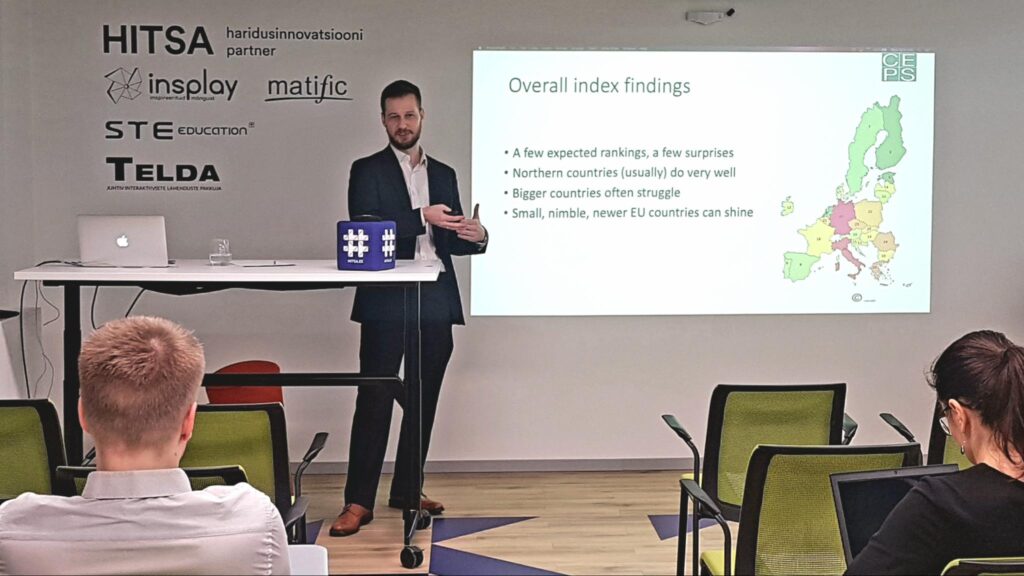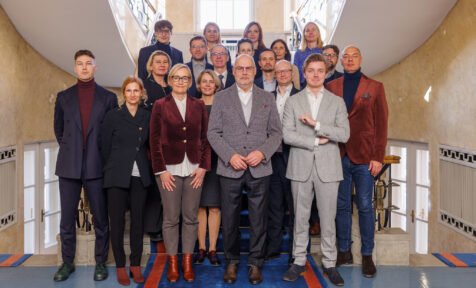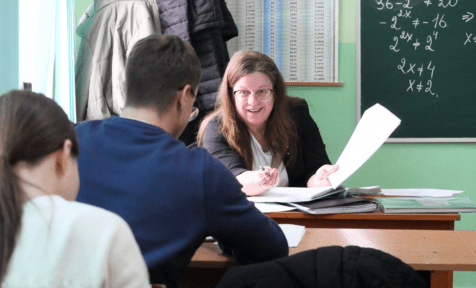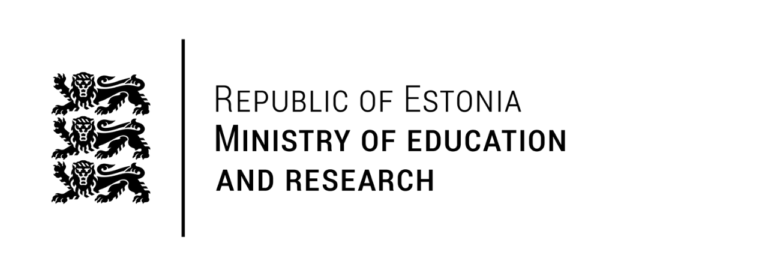CEPS (Centre for European Policy Studies) assessed European countries’ performance in digital learning and found that Estonia, the Netherlands and Finland excel in the digitalisation of education.
The new study, produced by CEPS, measured learning outcomes, digital infrastructure and policies, and people’s attitude towards digital learning in 27 EU countries. Digital learning is any type of learning that is undertaken with the support of digital technology. From online courses teaching coding skills to the gamification of classrooms, education and lifelong training are being transformed by digital technologies.
See also:
How did Estonia become a new role model in digital education?
CEPS’ findings highlight the need for targeted policies and cross-country lesson learning for Europe not to miss out on this trend.
The report was presented in Tallinn by one of the authorsZachary Kilhoffer (CEPS) on Dec 11, 2019
Strong government policy
Estonia, the Netherlands and Finland respectively hold the first three places in the ranking. All have strong government policy encouraging digital learning and use, and highly computer literate populations. Estonia has especially eased administrative burdens, like tax and voting registration, through digital access. While the small Baltic nation can teach the rest of Europe a great deal, even Europe’s leader has room to grow.
Smaller countries performed well
Underperforming countries include Belgium (21st), Poland (22nd), the Czech Republic (23rd), Romania (24th), Greece (25th), Italy (26th) and Germany (27th). These poor performances suggest limited government policies to boost digital literacy and difficulties to access digital resources in those countries. Germany has come under scrutiny for under-investment in digital infrastructure, low internet connection speeds, and a lack of broadband access throughout its territory.
While some larger European countries are lagging, smaller countries performed well above average. Luxembourg, the wealthiest European country, comes in 4th position despite generally not scoring well on rankings related to innovation. Malta (5th) and Cyprus (6th) are even more surprising and show that recent infrastructure and education investments are paying off. Estonia, as the absolute winner of this year’s index, also shows that very determined policy actions, even in a small country, do matter.
Daniel Gros, director of CEPS, said about the index: “Digital education is the future. The findings of this index should be a wake-up call for countries which risk missing out on this trend. What is the similarity between Italy and Germany? Both are strong in ‘old’ industry (manufacturing) and both are weak in digital learning. Their leaders should learn from their more nimble and future-oriented small EU partners.”
Katerina Havrlant, Director, Grow with Google added: “We want all Europeans to understand and benefit from technology. A comprehensive digital learning strategy is a fundamental pillar of this ambition. This report shows how different countries can learn from each other and how businesses and governments can work together towards building a digital-ready Europe.”
About the project
The Index of Readiness for Digital Lifelong Learning (IRDLL) is the result of a collaboration between CEPS (Centre for European Policy Studies) and Grow with Google. The project was financed by Google, who has provided initial app data and assistance in presenting the index results in an attractive and intelligible way. The research was conducted independently by CEPS researchers and national experts selected by CEPS. CEPS bears full responsibility for the project methodology and results.
Authors: Miroslav Beblavý, Sara Baiocco, Zachary Kilhoffer, Mehtap Akgüç, Manon Jacquot with contribution from Leonie Westhoff and Nina Lopez-Uroz and based on data provided by country experts.







